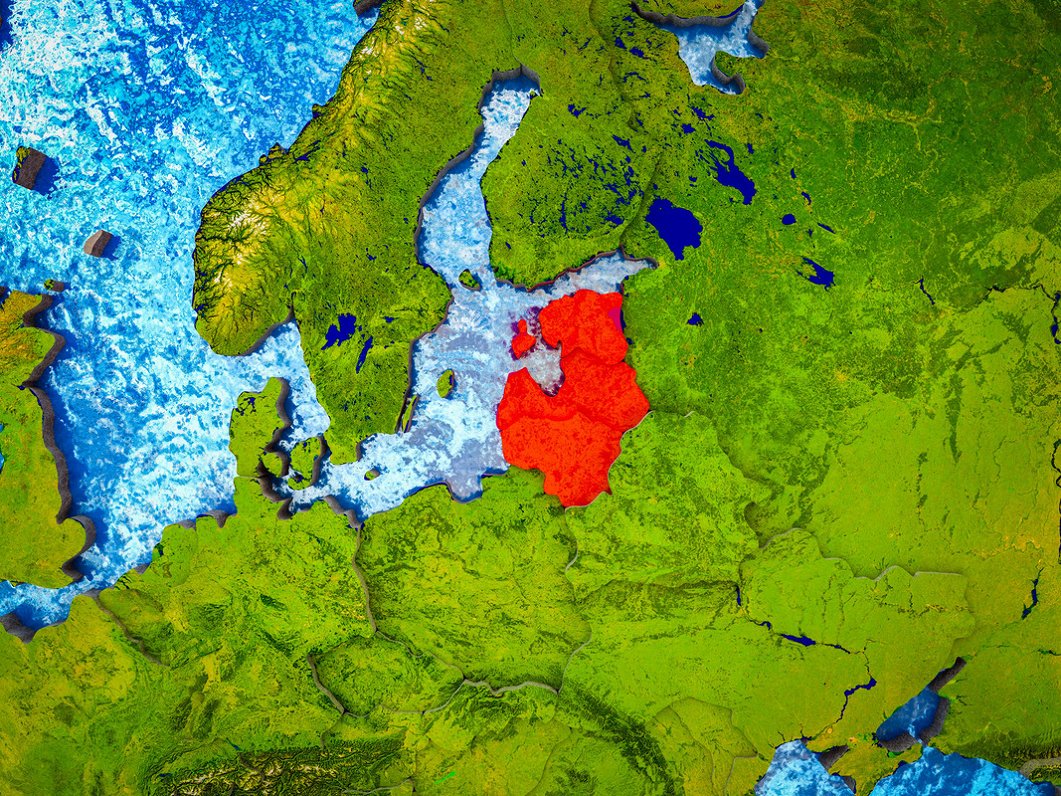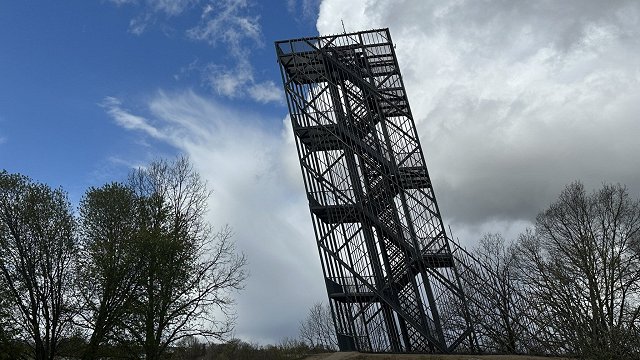However, travellers will have to observe the internal regulations of each country while visiting and therefore the Latvian Ministry of Foreign Affairs has provided the information below on rules for travel and gatherings in Estonia and Lithuania.
If you are planning to head north or south, please read and digest this information first. In addition you may like to keep abreast of current events in Estonia via the English-language services of ERR News and in Lithuania via LRT English.
From 15 May onwards, the nationals of the Baltic States and persons legally residing there may travel in Estonia, Latvia and Lithuania without any restrictions, provided that the person:
- has not travelled outside the Baltic States for the last 14 days;
- is not in self-isolation due to having tested positive for COVID-19 or having been in contact with someone who tested positive for COVID-19;
- has no symptoms of a respiratory infection.
The above-mentioned individuals are allowed to cross the Estonian-Latvian border and the Latvian-Lithuanian border in their own vehicle or using the passenger transportation services available. Such persons are exempt from the quarantine requirement both upon entering the neighbouring country and returning home.
The nationals and permanent residents of Latvia who arrive in Estonia or Lithuania from other countries may cross the territories of Estonia or Lithuania in transit only and on the condition that they do not have any symptoms of COVID-19.
The understanding between the Baltic States on the journeys of their residents does not affect restrictions on entry set by other countries concerning the Latvian nationals. See here restrictions imposed to prevent the spread of COVID-19 applied by other countries (in Latvian).
The Latvian Ministry of Foreign Affairs urges people to act responsibly and carefully consider the need for travelling abroad during the state of emergency. If you find yourself in a situation where you require urgent assistance while in Estonia or Lithuania, for instance, having lost your travel document or for whatever other consular help you may require, please call the hotline at +371 26 33 77 11 or write an e-mail to [email protected].
Rules for travel and assembly in Estonia
The Latvian-Estonian border can be crossed at the Valka-Valga and the Ainaži-Ikla border-crossing points. Free movement of persons is allowed from Estonia’s mainland to the islands and back.
Wearing face masks is not compulsory but it is recommended. Gathering in groups larger than two people or more is not permitted unless those gathered are from a single household, and in the cases specified below. A 2-meter distance must be observed in all cases.
Hotels, restaurants and shopping centres are open.
Museums and indoor exhibition halls (for groups of 10 visitors or less), open-air museums (for groups of 10 visitors or less), playgrounds and outdoor sports facilities are open, and athletics training sessions are permitted outdoors for groups of 10 people or less. Church services are permitted.
Beginning on 15 May, it is permitted to hold public events but the participants must remain in their cars, for instance, at drive-in movies, concerts (no more than 2 people per vehicle unless they are all from one household).
Beginning on 18 May, gyms and swimming pools will re-open, outdoor sports events will be allowed but without the presence of audiences and fans. The total number of participants, including coaches and other personnel, must not exceed 100 persons.
Spas, cinemas, gaming arcades and other leisure facilities are closed.
For updates, see the following sites:
Estonian Police and Border Guard Board: English, Russian.
Estonian Ministry of Foreign Affairs: English, Russian.
Estonian Government: English, Russian.
Find updated information here which has been posted by the Embassy of Latvia in Estonia.
Rules for travel and assembly in Lithuania
The Latvian-Lithuanian border can be crossed at the Rucava–Būtingė, Grenctāle–Saločiai and Medumi–Smėlynė border-crossing points. Border checks take place on the Lithuanian side.
Wearing masks outdoors is not compulsory, but it is recommended. At the same time, masks are required in marketplaces, shops, at public events, on excursions and on public transport.
Gathering in groups larger than two people or more is not permitted unless those gathered are from a single household, and in the cases specified below. A 2 meter distance must be observed in all cases.
Gatherings are permitted of not more than five persons who are not members of one household, and not longer than for 15 minutes. Private celebrations for up to 30 people and indoor public events for up to 30 people are permitted (spaces of 10 m2 per person must be ensured). Professional sports competitions are permitted, but without the presence of audiences and fans.
Beginning on 18 May, hotels, restaurants, clubs, indoor gaming arcades will re-open (8.00–22.00). A two-meter distancing and 5 m2 per person must be ensured at outdoor events and sports clubs.
Spas and public baths will re-open as of 30 May.
The requirement of having an escort (convoy) is still in force if a person arrives in Lithuania from other countries except Latvia or Estonia and crosses Lithuania in transit. Further information on this process is available here on the Facebook site of the Latvian Embassy in Lithuania
For updates, please see:
The Lithuanian Government: English
The Lithuanian Ministry of Foreign Affairs: English



























